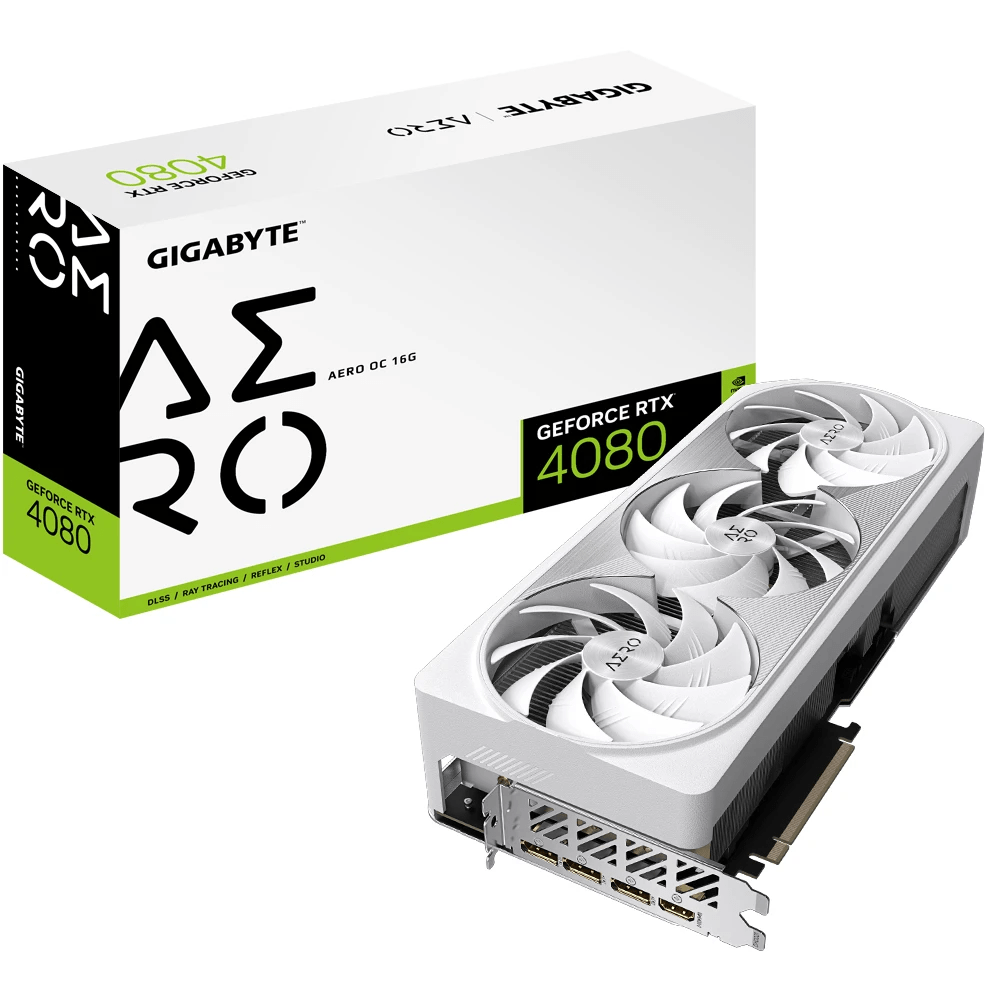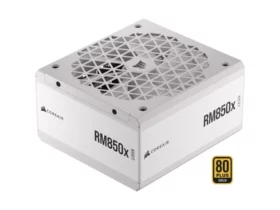The choice of video card is a fundamental moment when configuring a PC, let’s find out all the details in this dedicated article
If you are a gaming enthusiast, you know how crucial it is to have a powerful video card to achieve a smooth and immersive gaming experience. Choosing one Video Card suited to your needs may seem complex, but with this detailed guide, we’ll explore the key factors to consider to ensure your video card meets expectations and maximizes gaming performance.
Compatibility with your system
The first step in choosing a video card is to make sure it’s compatible with your system. Check the type of slot available on your motherboard (PCI Express is the most common) and make sure the video card you’re considering fits physically to your case.
Performance based on your gaming needs
Gaming needs vary from person to person. If you’re interested in next-gen games with intense graphics, you may need a high-end video card. If you play less demanding games, a mid-range card may be a better fit for your budget.
Graphics card capacity and VRAM
The capacity of the graphics card and the amount of VRAM (video memory) are crucial factors. For games with advanced graphics, opt for a card with more VRAM. Some games require system specifications, so make sure you meet or exceed those requirements for a great gaming experience. Of crucial importance is the capacity of your PC’s RAM.
Architecture and rendering technologies
Explore video card architecture. NVIDIA e AMD are among the major manufacturers, and each offers a variety of cards with different architectures. Also consider rendering technologies like Ray Tracing, which improve graphics quality by offering more realistic lighting effects.
Clock frequency and manufacturing process
The clock frequency of the GPU (Graphics Processing Unit) and manufacturing process are key performance factors. Cards with higher clock frequencies tend to perform operations faster. Additionally, a more advanced manufacturing process can improve energy efficiency and overall performance.
Connectivity and ports
Make sure your video card has the connectivity ports needed for your setup. HDMI, DisplayPort e USB-C are common, but check your specific needs. Some video cards also support VR connectivity and G-Sync or FreeSync technology for smoother playback.
Cooling and noise
Cooling is essential to keep your video card at acceptable temperatures. Some cards use advanced cooling systems, such as custom fans or liquid cooling solutions. Also consider the noise level card during useespecially if you want a quiet system.
Budget and value for money
Define your budget in advance and look for video cards that offer a good value for money. Often, there are options that meet your gaming needs without having to spend a fortune. However, investing in a quality video card can be a long-term benefit to your gaming sessions.
They are EsseShop you will find a wide range of video cards at highly competitive prices.
Bottom line: Choose wisely for an excellent gaming experience
Choosing a gaming video card takes time and research. Carefully examine your needs, compare technical specifications and read reliable reviews before making a decision. With a adequate video card, you will enjoy a stunning and immersive gaming experience, full of graphical details and high-quality performance. Choose wisely and prepare to experience gaming to the fullest of your expectations!
For further updates and news from the world of technology and the web, continue to tune in to techgameworld.com.
















Leave a Reply
View Comments